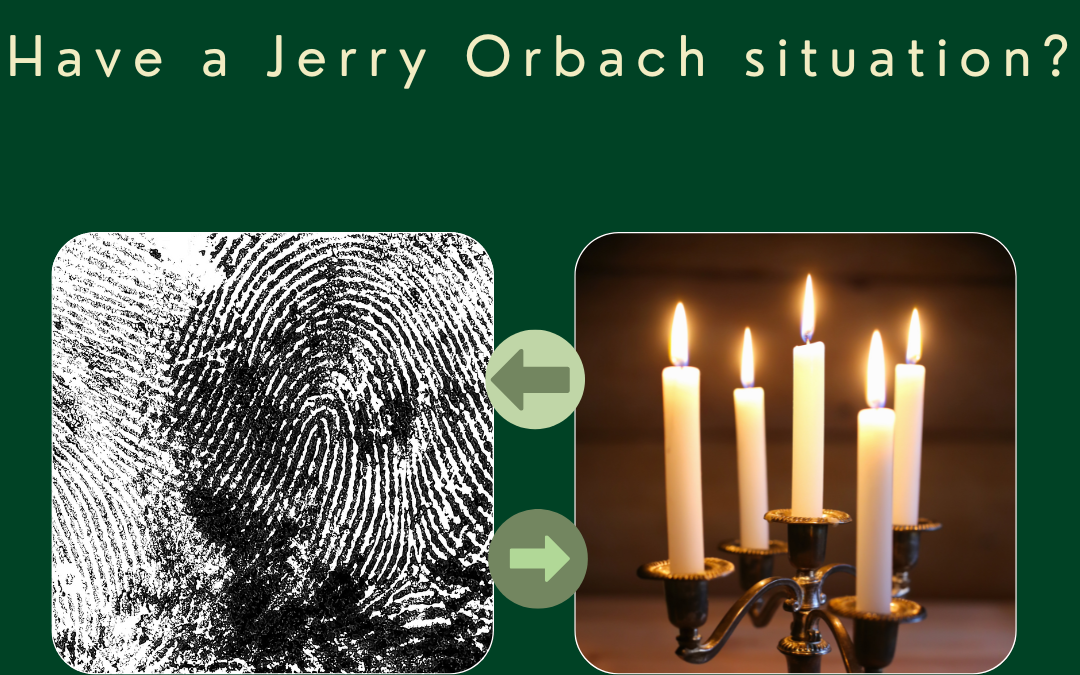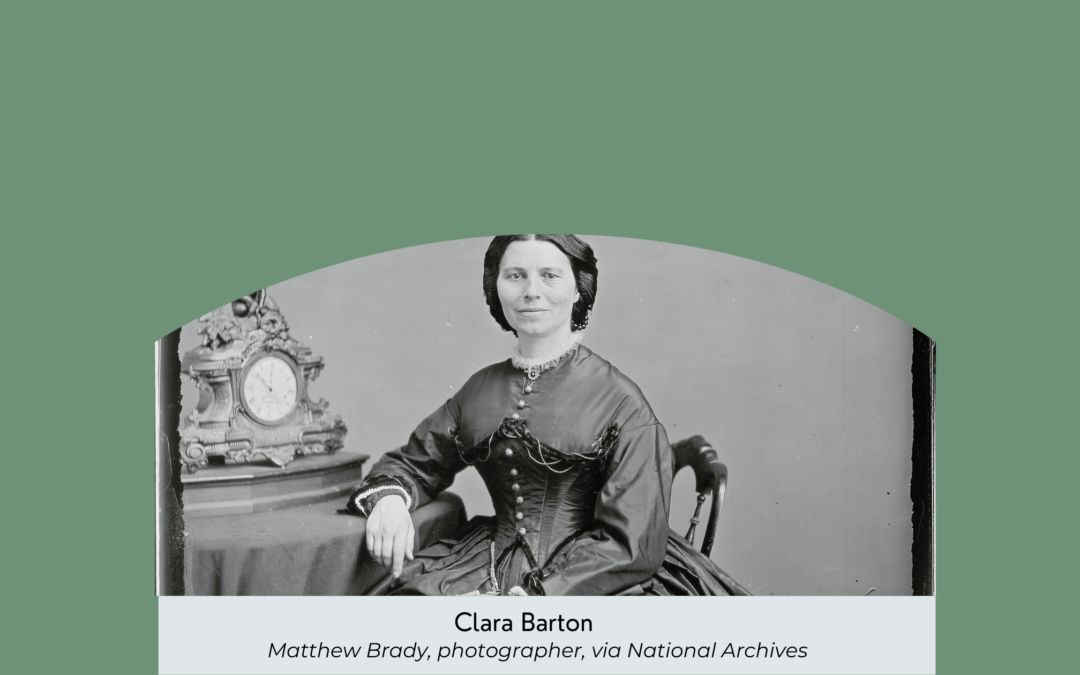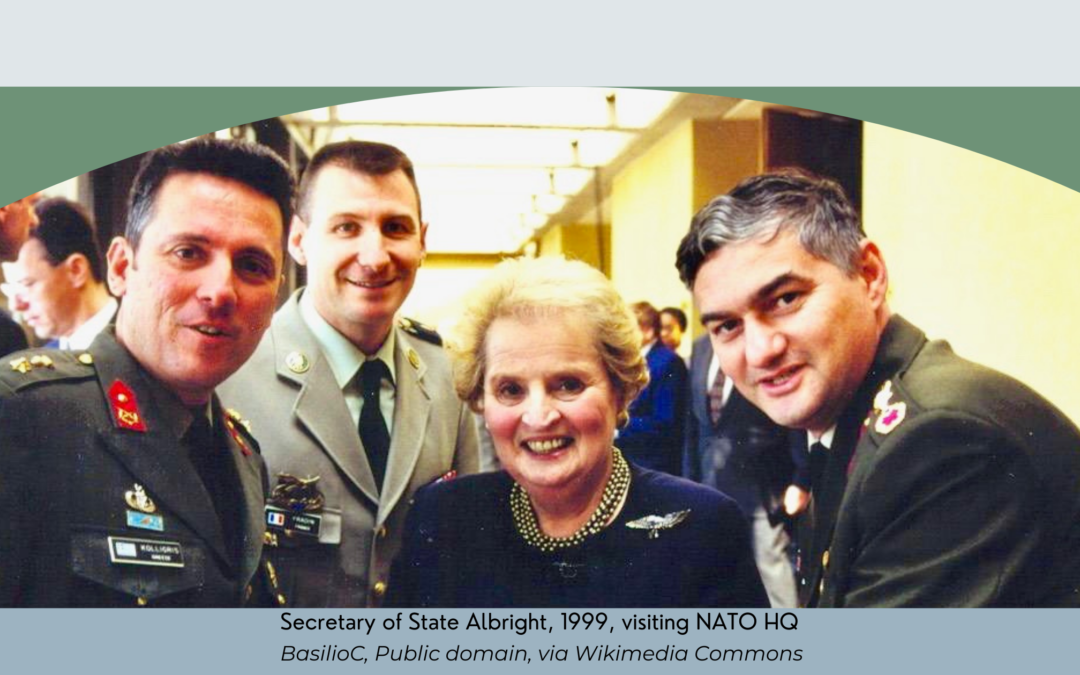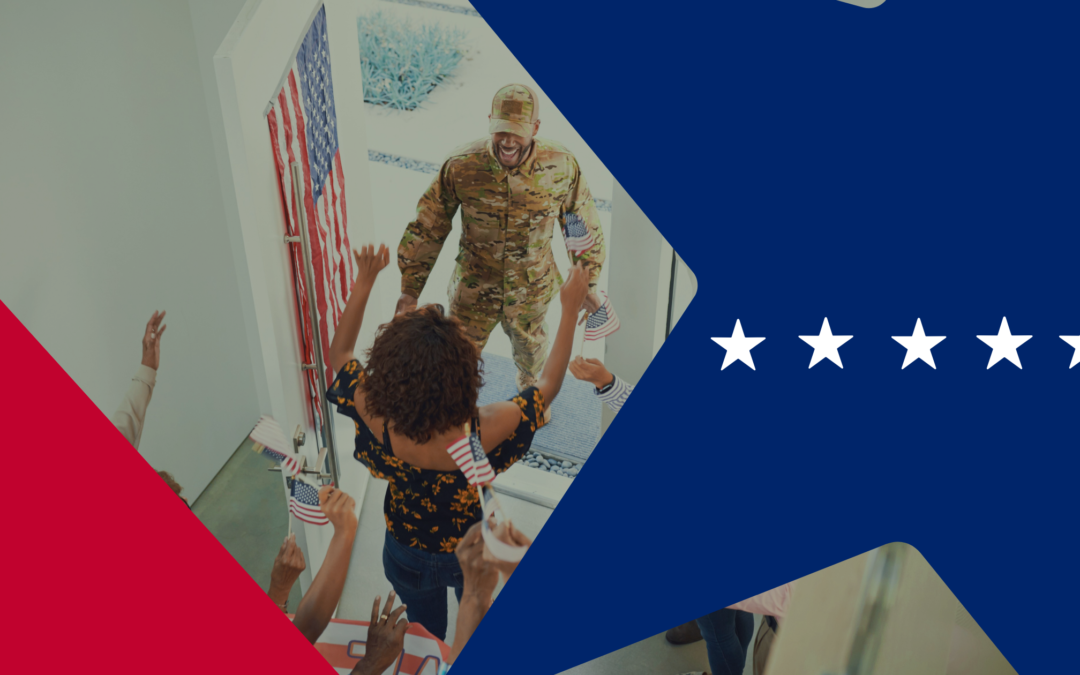In the autumn of 1984 when I arrived in England to begin an academic year there, I wasn’t thinking so much about Queen Elizabeth II. There to study Tudor and Stuart History, I had Elizabeth I on my mind. What a strong, and amazing monarch she was! As an American, the thing I most noticed about Elizabeth II? Seeing her image on a daily basis: on stamps and on money. That was odd to me, we enlightened Americans had a tradition that no living person should be on its currency.
In September of 2015, I was in the UK when Her Majesty surpassed Victoria and became the longest reigning British monarch. Older, and having seen more of life, commitments, and oaths, I was grateful to be there on that historic day. I had grown to respect her greatly for her endurance and dedication alone. The James Bond video only added to my admiration.
In 2018 circumstances found me sitting in on a college seminar class called Gender in Politics. That day, one topic of conversation was Jacinda Ardern, Prime Minister of New Zealand. The students and professor turned from discussing the job she was doing, to how many countries have had female leaders. Why, they wondered had the United States yet to have a female president? One student posited that countries that had had monarchies might be more comfortable with a woman as a leader.
The conversation continued around this theme. How rich the irony that this discussion might be praising benefits of an “outdated” form of rule?
September 2022. Surveying some of the coverage of Queen Elizabeth II’s death, I stumbled across a BBC interview of four women who had travelled to lay wreaths at Buckingham Palace. One of the women said: “We will never see a queen again, and that is quite odd.”
For that group, every single day of their life, there was a female leader, always adorning their stamps and their money. Indeed, throughout the Commonwealth, especially with the advent of television, and now social media, a huge population has grown up with not only a female head of state, but one that demonstrated duty that few others on earth will ever equal.
Elizabeth I was indeed an important monarch, solidifying England’s position at tumultuous time. Elizabeth II was given a far trickier portfolio – of acknowledging that the sort of democracy that had evolved in Britain over centuries was worthy of export, that the Empire should disassemble, and that she would shepherd the process with grace and dignity.






